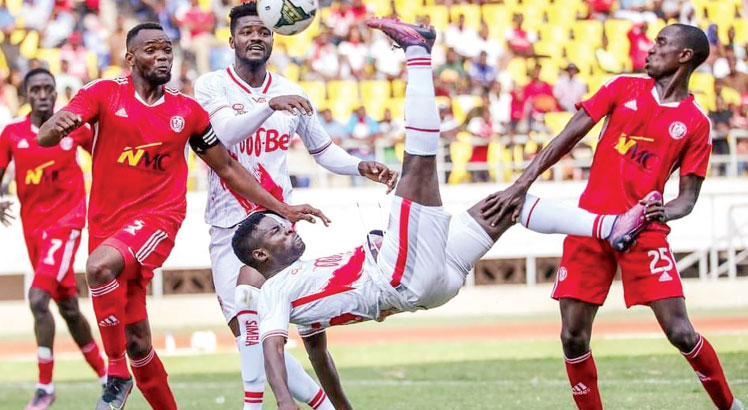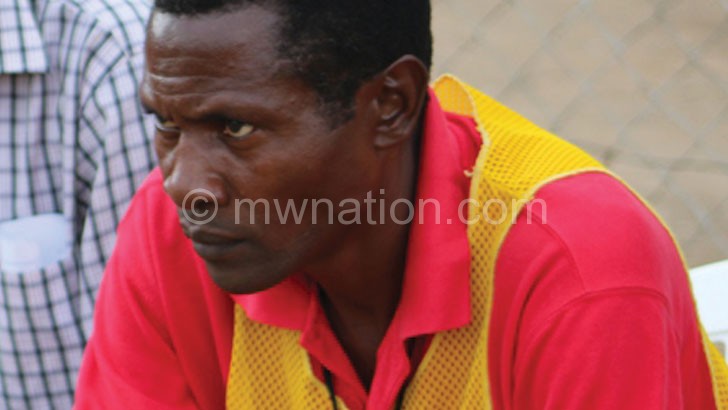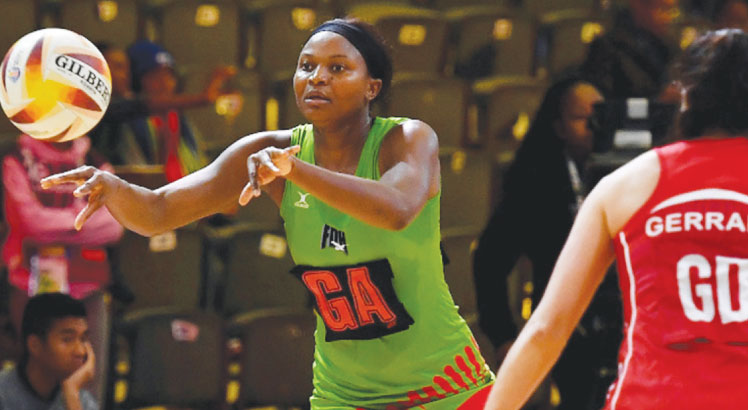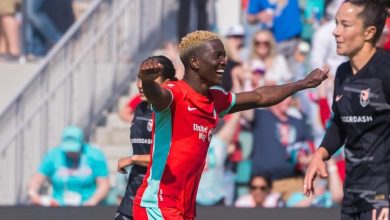Lack of confidence affecting female coaches
There has been a call for more involvement of women in women’s football other than playing, but Malawi is still struggling in ensuring that the ladies take up leading roles in their game.
Despite over 15 years having passed since women’s football was introduced in the country, the national women’s football team is yet to have an all-female technical panel, a development National Women’s Football Association (NWFA) says is due to lack of confidence.
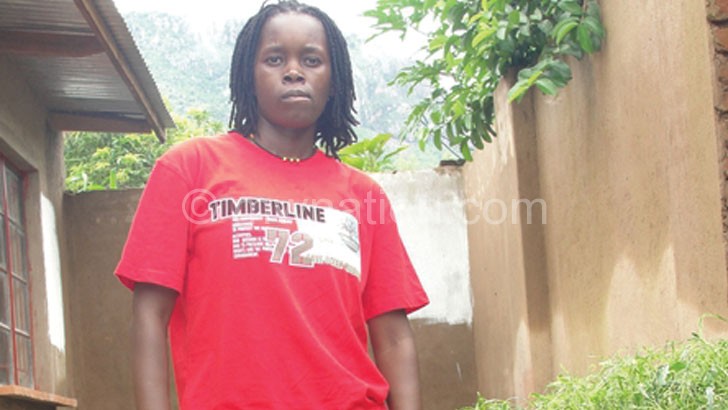
However, Football Association of Malawi (FAM) technical director John Kaputa said his women’s football strategic plan is to have a female head coach by 2018.
NWFA chairperson Severia Chalira said the association’s plan of having an all-female technical panel by 2015 has been affected by several factors.
She said: “For the past five years, we have trained 50 coaches. Our hope was that by now we should have introduced four coaches to head the women’s national football team. Unfortunately, lack of confidence on both the coaches and the clubs is what has been a major setback.
“Most of the times clubs lack confidence in female coaches and will prefer male coaches. One of the reasons is that our female coaches are not forthcoming. They do not want to get involved. Out of the 50 female coaches, only 10 are active.”
Some of these 10 coaches are Maggie Chombo-Sadiki, Karen Chaula, Ellen Kamwana, Caroline Phiri and Clara Luhanga.
Of these, Chaula and Chombo-Sadiki are also qualified Confederation of Africa Football (CAF) coaches’ instructors who are capable of training both female and male coaches.
But Chalira said the female coaches are also to blame for lacking confidence.
“Of the 10 out of 50 coaches that are active, only Maggie, Karen, Clara and Caroline stand out. We try to get the others involved but they chicken out. We have female coaches that do not even want to be head coaches even at youth level. They prefer to be assistant coaches. So how can a club trust you?” she said.
Chalira said they hope Chombo-Sadiki to take over the head coach mantle within the next two years.
“Maggie is capable of being head coach. She is qualified, but she still needs time. She still needs to understudy someone for now. I tell you that two years from now, Maggie will be the best female head coach for our team. We are grooming her for that role,” she said.
Chombo-Sadiki, one of the pioneers in women’s football, has a CAF A licence and has managed her team Blantyre Zero successfully.
But the closest Chombo-Sadiki has been to the coaching role at national level is being assistant coach to male coaches Temwa Msuku, Thom Nkorongo and more recenntly Stewart Mbolembole.
Yet the former national team player, who also owns Maggie Chombo Football Academy which participates in men’s FMB Under-20 league, holds CAF A licence just like Mbolembole, both having obtained the badge last year.
Commenting on the development, FAM technical director Kaputa said his office has put 2018 as the deadline for male involvement in national women’s football technical panel.
“My target is that by 2018 we should be able to have an all-female technical panel. We have some top coaches but indeed they still need time. It is now up to the National Women’s Football Association to work with my office to achieve this goal,” he said.
Chombo-Sadiki said she dreams of one day imparting her vast knowledge as national team head coach.
“Being one of the pioneers of women’s football in the country, I have learned a lot in the few years I have been in the sport as a player and coach. I pass on what I have learned through my team Blantyre Zero and my academy. But yes, it’s every coach’s dream to coach at highest level which is as national team head coach.”
Chaula also had the same sentiments.
She said: “I train coaches, both male and female. I have also been involved in several Fifa programmes both at local and international level. Well, maybe the association feels it is not yet time for women to coach ourselves at national level. But we have the capacity.”


